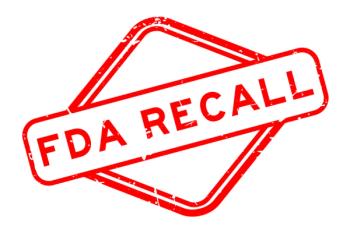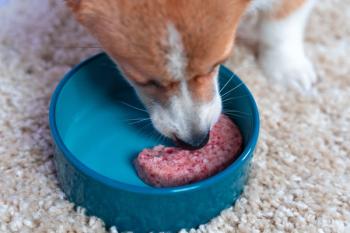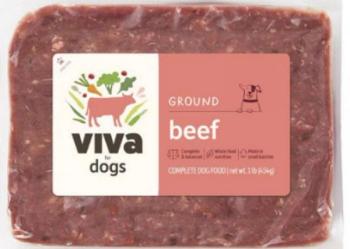
Starved for information
In the opening days of the pet food recall, veterinarians needed early warnings and facts from the pet food industry. We didn't get them.
If you're a small animal practitioner, the third week of March found you suffering along with the rest of us. The morning of March 19 dawned to a deluge of frantic calls demanding answers. Um ... what was the question? Most of us didn't yet know.
Patty Khuly, VMD, MBA
Now we do. A now-infamous pet food recall was spawning the frenzy. Yet most of us still have more questions than answers regarding the toxins in the pet foods, the pattern of exposure to our patient population, the practical considerations of their pathophysiology, and the reporting mechanisms required to aid in our investigation.
The veterinary community has been blindsided by a justifiably angry, confused public—and by the pet food industry, whose silence left us in the lurch in those first days. The industry's tight-lipped approach has undermined our patients' care while hanging our profession out to dry—even exposing some of us to professional liability.
Where were the once-ubiquitous e-mails and bulletins from the pet food companies? Why couldn't we get through on the dedicated phone lines? Why were so many of us (busy reading our journals instead of watching the news over the weekend) blasted on Monday morning without so much as a vet-directed warning?
To be fair, the companies may have been caught off guard, too. However, the timeline reveals a 25-day lapse between the first suspicious deaths and when they were actually reported. What about the six test-case fatalities that occurred during the three weeks preceding the sleepy- weekend press release? Why bury the news when we really needed a broadcast?
How many potential cases did we fail to work up earlier? One of my triaditis patients came in on Thursday before the recall. Her clinical signs would have been cause for immediate concern—had we reason to suspect renal disease. She ended up as a weekend emergency in acute renal failure after eating recalled foods for a month. Even one more day may have made a difference.
From my point of view as a veterinarian—and when I add in my insight as a former marketing consultant—the companies involved egregiously mishandled their responsibility to veterinarians, owners, and pets. They should've done backflips to set up company-wide protocols for dealing with an emerging health crisis immediately.
I can understand that companies must sometimes outsource their production. I can even understand manufacturers unknowingly using tainted grain in their foods. But failing to immediately report the possibility of contamination? Inexcusable. And shirking their responsibility to support the doctors they enlist to recommend their foods? Deplorable.
This recall has demonstrated that consumers in the United States know less about what goes in their pets' food bowls (and on their own plates) than they thought. We veterinarians have been affected disproportionately, both in terms of patient care and public perception. We urgently need to address this crisis for the sake of our professional duties and our reputations.
It's time we took a more critical look at how our most basic recommendations affect our patients. What's more, it's time we pushed the Food and Drug Administration for stricter safety and labeling protocols for the pet food industry. Ultimately, we all work too hard to provide responsible, timely information to our clients and quality care to our patients to have the pet food industry feed us their lumps ever again.
Dr. Patty Khuly is an associate at Sunset Animal Clinic in South Miami, Fla. Send questions or comments to
Newsletter
From exam room tips to practice management insights, get trusted veterinary news delivered straight to your inbox—subscribe to dvm360.





